can you grow citrus in north carolina?
kawaiineko_gardener
10 years ago
Featured Answer
Comments (35)
trianglejohn
10 years agoCasaLester RTP, NC (7b)
10 years agoRelated Professionals
New Mexico Landscape Architects & Landscape Designers · River Forest Landscape Architects & Landscape Designers · Broadlands Landscape Contractors · Crystal Landscape Contractors · Desert Hot Springs Landscape Contractors · Fairhope Landscape Contractors · Fort Myers Landscape Contractors · Framingham Landscape Contractors · Indio Landscape Contractors · Quincy Landscape Contractors · Wallingford Landscape Contractors · West Coon Rapids Landscape Contractors · Irvington Landscape Contractors · Suisun City Landscape Contractors · Ferguson Landscape ContractorsRalph Whisnant
10 years agoaverycoleusmc
7 years agoRalph Whisnant
7 years agolorabell_gw
7 years agolast modified: 7 years agotrianglejohn
7 years agoRalph Whisnant
7 years agolorabell_gw
7 years agocalamondindave
7 years agolast modified: 7 years agoRalph Whisnant
7 years agocalamondindave
7 years agotrianglejohn
7 years agocalamondindave
7 years agolast modified: 7 years agotrianglejohn
7 years agoCasaLester RTP, NC (7b)
7 years agolast modified: 7 years agocalamondindave
7 years agolast modified: 7 years agoCasaLester RTP, NC (7b)
7 years agolast modified: 7 years agocalamondindave
7 years agoCasaLester RTP, NC (7b)
7 years agoerasmus_gw
7 years agoRalph Whisnant
7 years agotrianglejohn
7 years agoCasaLester RTP, NC (7b)
7 years agolast modified: 7 years agocalamondindave
7 years agolast modified: 7 years agoerasmus_gw
7 years agoGinger Newcomb
5 years agoCasaLester RTP, NC (7b)
5 years agotrianglejohn
5 years agoCasaLester RTP, NC (7b)
5 years agodesertman00 .
3 years agoKimberly Fox
3 years agoJohn Buettner
3 years agoCasaLester RTP, NC (7b)
3 years ago
Related Stories

VACATION HOMESHouzz Tour: Woodsy Sophistication in a North Carolina Retreat
This multigenerational vacation home mixes rustic charm and refined elegance
Full Story
HOUZZ TOURSHouzz Tour: Color and Character in North Carolina
Color, pattern and great furniture finds give a cookie-cutter home a splash of personality
Full Story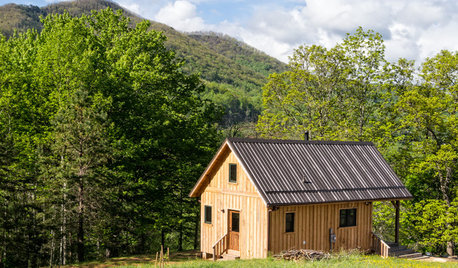
HOUZZ TOURSHouzz Tour: 10 Acres, 3 Generations and Many Animals in North Carolina
Check out a throwback-style cabin that celebrates simplicity, reclaimed materials and family
Full Story
GARDENING GUIDESSpring Citrus Care Reaps Months of Sweet Rewards
Learn how to tend citrus trees in spring and ways to preserve their delicious fruit
Full Story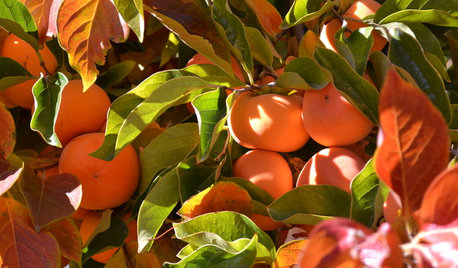
FRUIT TREESHow to Grow Your Own Persimmons
Sturdy and easy to care for, these trees offer bright fruit through winter — and keeping them in bounds is no sweat
Full Story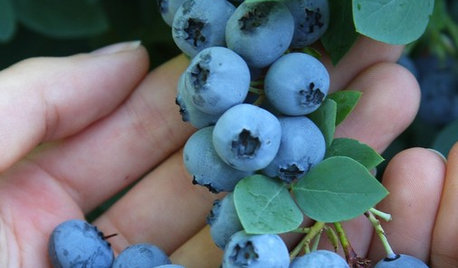
EDIBLE GARDENSSummer Crop: How to Grow Blueberries
Plant blueberries in spring or fall for garden beauty through three seasons — and a sweet superfood in summer
Full Story
FARM YOUR YARDHow to Grow Vegetables in Containers
Get glorious vegetables and fruits on your patio with a pro’s guidance — including his personal recipe for potting mix
Full Story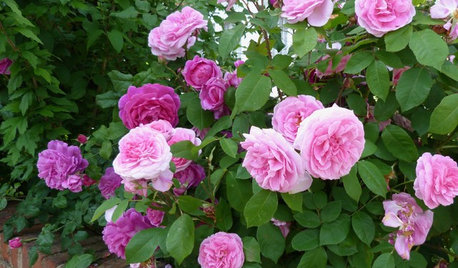
GARDENING GUIDESWhat Kind of Roses Should You Grow?
Want to add the beauty of roses to your garden? Find out which ones, from old-fashioned to modern, are right for you
Full Story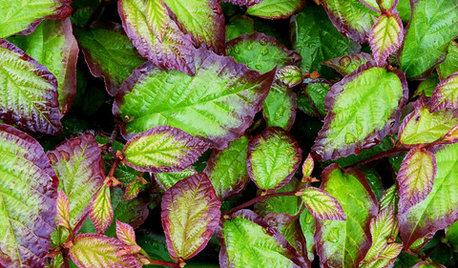
GARDENING GUIDES7 New Plants to Grow for Beautiful Foliage
Add color, structure and interest to your garden with these recently introduced plants that sport exceptional foliage
Full Story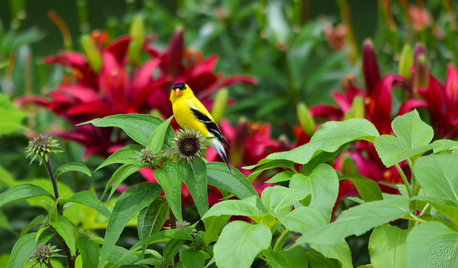
GARDENING GUIDES13 North American Backyard Birds to Know
Find out about these enchanting native species and learn how to attract them to your yard
Full StoryMore Discussions







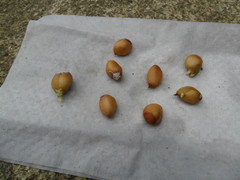

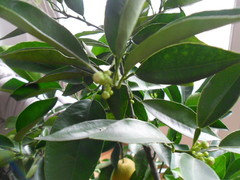
lorabell_gw